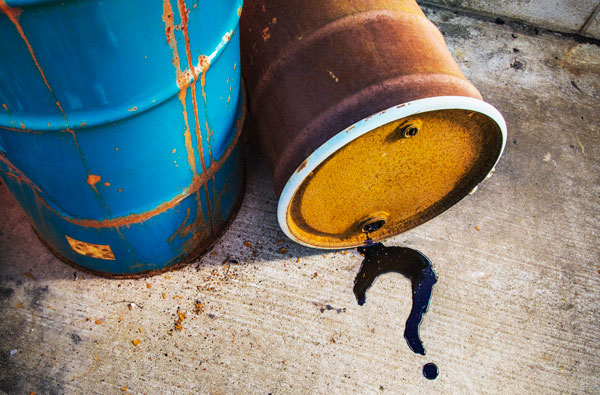Cutting pollution and ensuring environmental sustainability requires responsible actions in all areas of life, and one of the most critical, yet often overlooked, aspects is the disposal of waste oil. Waste oil, which includes motor oil, cooking oil, and other industrial oils, poses significant threats to both our ecosystems and public health when not properly disposed of. Improper disposal methods such as pouring oil down drains, onto the ground, or in the trash contribute to soil contamination, water pollution, and the destruction of wildlife habitats. Thus, the right way to dispose of waste oil is essential in minimizing these impacts and reducing the overall pollution burden on the planet. Motor oil, for instance, is a highly toxic substance when discarded improperly. Even though used motor oil is recyclable, if poured onto the ground or into waterways, it can seep into the water table, poisoning drinking water supplies and harming aquatic life.

A single gallon of used oil can contaminate up to one million gallons of freshwater, making it a serious environmental hazard. Cooking oil, though less toxic, can clog sewage systems and also harm aquatic ecosystems when improperly disposed of. Similarly, oils from industrial machinery can contain harmful additives, solvents, and other chemicals that may exacerbate the damage to the environment. Therefore, proper olieresten laten ophalen is a critical issue in waste management. The first and foremost action to ensure proper disposal of waste oil is to never dispose of it by pouring it down the drain, toilet, or onto the ground. Many people mistakenly believe that small amounts of used oil will have little effect, but the reality is that it only takes a small amount to cause significant damage. Instead, individuals should store waste oil in a clean, sealed container, such as an old plastic bottle or metal can, and take it to a designated recycling facility or collection center.
These centers are equipped to handle and recycle used oils safely, turning waste products into valuable resources that can be reused in manufacturing or as alternative fuels. Recycling waste oil has several benefits. Not only does it reduce the need for new raw materials, but it also conserves energy. Re-refining used motor oil, for example, uses far less energy compared to producing new oil from crude oil. Additionally, recycling used oil helps to reduce the harmful emissions that contribute to climate change. In some cases, waste oil can be cleaned and purified for reuse, ensuring a sustainable, closed-loop system. Many recycling centers accept used cooking oil, which can be repurposed into biodiesel, a renewable energy source. When handled properly, even large quantities of cooking oil can be transformed into valuable fuel, reducing the need for fossil fuels and mitigating the environmental impact of waste oils. For individuals who are unsure of where to take their waste oil, local municipal websites and environmental organizations often provide guidance on waste disposal and recycling programs.